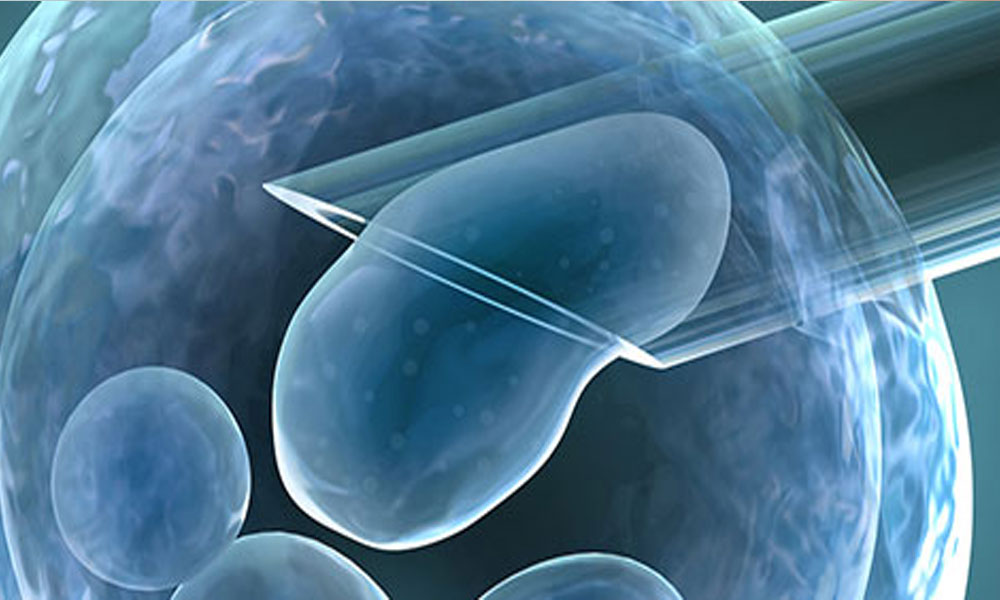
A Comparison Of Fresh & Frozen Donor Eggs
Introduction
One solution to this problem is egg donation, where a donor provides eggs that can be used for in vitro fertilization (IVF). With advancements in technology, there are two options for egg donation – fresh and frozen. This blog will compare the two and help you make an informed decision.
Importance of donor eggs
Egg donation can be a life-changing option for couples struggling with infertility. Donor eggs can be used to achieve pregnancy in cases where the woman’s eggs are not viable, or there is a high risk of genetic disorders.
Fresh donor eggs
Definition
Fresh donor eggs refer to eggs that are collected from a donor’s ovaries, usually through a process known as ovarian stimulation. This involves administering hormone medications to stimulate the ovaries to produce multiple eggs. The eggs are then retrieved from the donor’s ovaries using a minor surgical procedure called egg retrieval. After the eggs have been retrieved, they are fertilized with the partner’s sperm in a laboratory process called in vitro fertilization (IVF). The embryos resulted are then transferred to the woman’s uterus for achieving a pregnancy.
Fresh donor eggs are preferred by many couples because they are more viable compared to frozen donor eggs. They offer higher success rates, and there is a possibility of obtaining more embryos. However, fresh donor eggs may not be immediately available, and the process of obtaining them is more expensive compared to frozen donor eggs.
Procedure
The process of obtaining fresh donor eggs involves synchronizing the menstrual cycles of the recipient and donor . The donor takes fertility medications to stimulate egg production, and the eggs are retrieved through a minor surgical procedure. The eggs are then fertilized with the recipient’s partner’s sperm in a laboratory.
Pros and cons
Fresh donor eggs have higher success rates compared to frozen donor eggs, as they are more viable. They also offer the possibility of having more embryos, which can increase the chances of pregnancy. However, fresh donor eggs are expensive and may not be available immediately.
Frozen donor eggs
Definition
Frozen donor eggs refer to eggs that have been collected from a donor and frozen through a process called vitrification. Vitrification is a rapid freezing technique that preserves the eggs’ quality and viability by preventing the formation of ice crystals. Frozen donor eggs can be stored for an extended period, and when required, they can be thawed, fertilized with the partner’s sperm, and transferred to the recipient’s uterus through IVF.
Frozen donor eggs offer a convenient and affordable option for couples seeking fertility treatment. They are readily available, and the process of obtaining them is less invasive compared to fresh donor eggs. Frozen donor eggs also offer a higher degree of flexibility as they can be used at any time, regardless of the donor’s availability. However, frozen donor eggs have a slightly lower success rate compared to fresh donor eggs.
Procedure
The process of obtaining frozen donor eggs involves selecting a donor, and the eggs are harvested and frozen through a process known as vitrification. The eggs can be stored for an extended period and used when required. When required, the frozen eggs are thawed, fertilized with the recipient’s partner’s sperm in a laboratory, and transferred to the recipient’s uterus.
Pros and cons
Frozen donor eggs are less expensive compared to fresh donor eggs and are available immediately. They also offer the possibility of having more embryos. However, their success rates are slightly lower compared to fresh donor eggs.
Comparison of fresh and frozen donor eggs
Success rates
Fresh donor eggs have a higher success rate compared to frozen donor eggs. According to studies, fresh donor eggs have a success rate of 55-65%, while frozen donor eggs have a success rate of 50-55%.
Cost
Fresh donor eggs are more expensive compared to frozen donor eggs. The cost of fresh donor eggs can range from INR 1,50,,000 to INR 2,50,000, while the cost of frozen donor eggs can range from INR 1,00,000 to INR 1,50,000. The cost of egg donation can vary depending on the location, clinic, and individual circumstances.
Availability
Fresh donor eggs may not be available immediately, as the process of synchronizing the menstrual cycles of the donor and recipient can take time. On the other hand, frozen donor eggs are readily available and can be used at any time.
Conclusion
Choosing between fresh and frozen donor eggs depends on various factors, such as success rates, cost, and availability. It is crucial to consult with a fertility specialist who can guide you on the best option based on your individual circumstances.
Consulting with a fertility specialist is essential when considering egg donation. They will guide you on the right course of action, provide you with the necessary support, and help you navigate the emotional and physical challenges of the process.
In conclusion, an egg donation is a life-changing option for couples struggling with infertility. Fresh and frozen donor eggs offer different advantages and disadvantages, and it is essential to consult with a fertility specialist to make an informed decision.
If looking for the best IVF doctor in Noida or an egg donation centre in Noida, it is essential to do thorough research and choose a reputable clinic with experienced doctors.


















